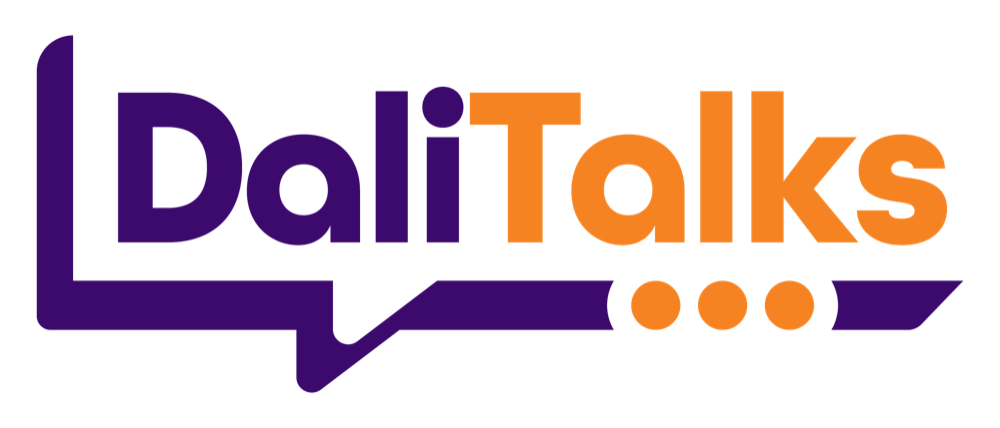How Misinformation Fuels Bullying and How Kids Can Fight Back
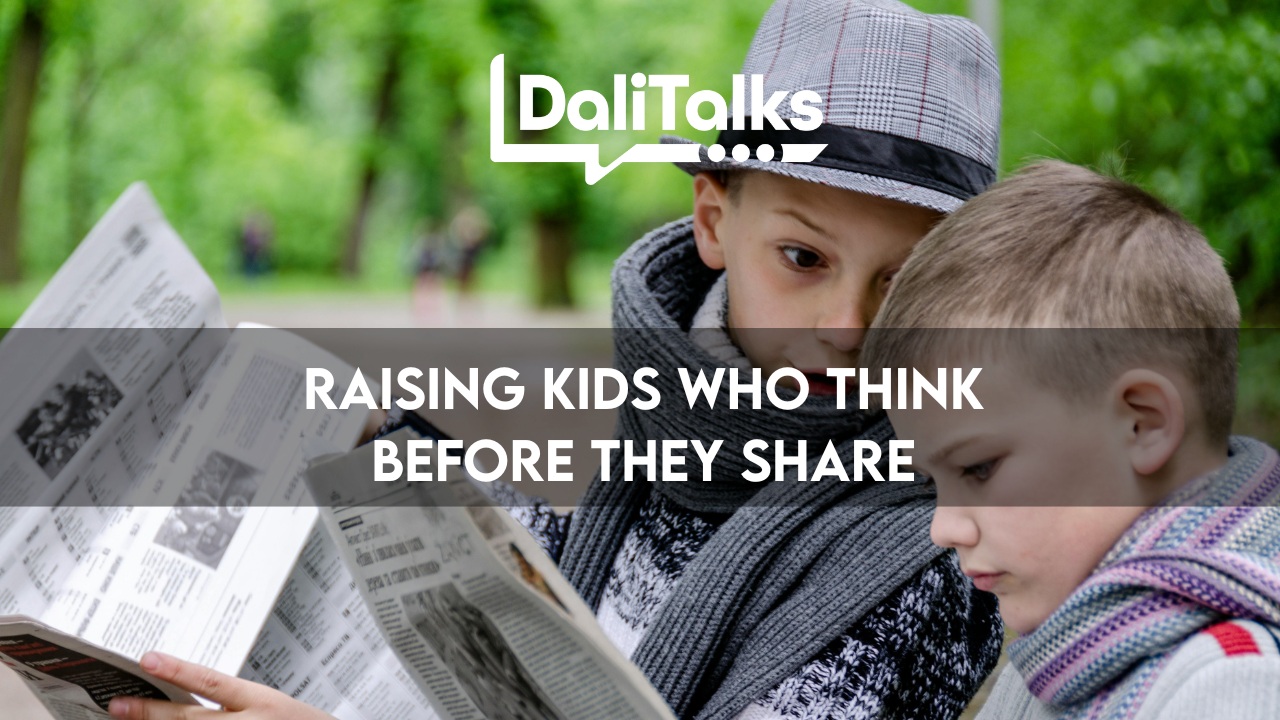
Bullying today isn’t limited to playgrounds or classrooms. It follows children online—through social media, group chats, and shared content. And often, misinformation and fake news are the catalysts.
A rumor, half-truth, or deliberately false story can escalate quickly, turning harmless misunderstandings into emotional harm and social exclusion. Kids who don’t pause to think critically before believing or sharing information may unknowingly participate in bullying.
Misinformation vs. Fake News
Understanding the difference is the first step in prevention:
Misinformation – False or inaccurate information shared unintentionally. For example, a child repeating a rumor they didn’t know was untrue.
Fake News – Deliberately false information designed to mislead, embarrass, or manipulate. For example, a fabricated story about a student circulated to isolate them or ruin their reputation.
Both types of content can fuel bullying and harm emotional well-being.
Why This Matters for Kids
Ch...
Media Savvy Kids: Teaching Critical Thinking in a Digital World

Children today are growing up in a world where information is everywhere. With one tap, swipe, or search, kids can access news, opinions, videos, and stories from across the globe. While this access can be empowering, it also comes with risks.
Not everything kids see online is true. Some information is misleading, exaggerated, or intentionally harmful. Without guidance, children may believe false information, spread rumors, or unintentionally participate in social bullying.
Teaching kids to become media savvy is no longer optional. It is an essential life skill that supports confidence building, bullying prevention, emotional regulation, and healthy decision-making.
Why Media Literacy and Critical Thinking Matter
Children are constantly exposed to messages through social media, video platforms, group chats, and online games. These messages shape how they see themselves and others.
When kids are not taught how to evaluate what they see and hear, they are more vulnerable to:
- Beli...
How to Support Your Child’s Success During The School Year
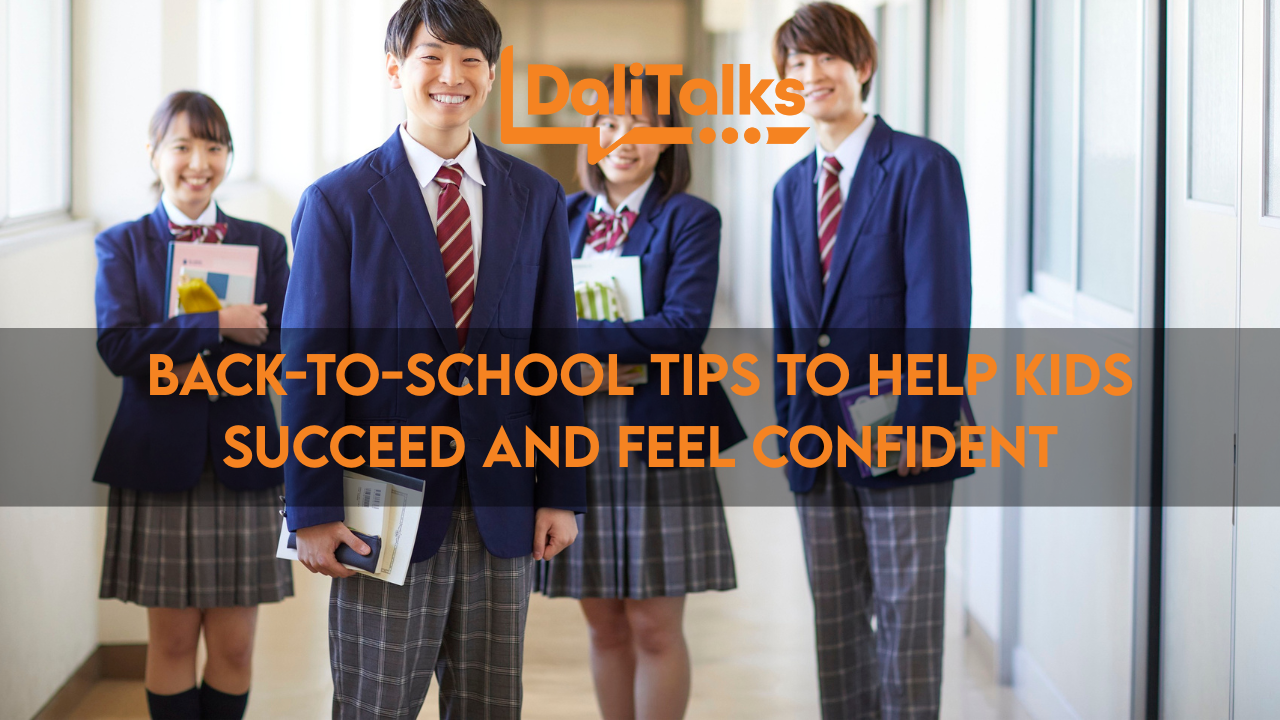
As summer ends and a new school year approaches, excitement and anxiety often mix for kids and parents alike. New routines, friendships, and academic challenges can feel overwhelming. The good news is that thriving in school is not about perfection. It is about preparation, support, and connection.
Here are six practical strategies to help your child succeed and feel confident, safe, and supported this school year.
1. Establish a Routine Early
Summer schedules often shift later bedtimes and relaxed mornings. Returning to school is smoother when routines are reestablished gradually.
Tips:
- Start adjusting bedtimes and wake-up times a couple of weeks before school starts
- Create a calm morning routine including breakfast and a few minutes of quiet preparation
- Consistency helps reduce anxiety, improve focus, and create emotional safety
2. Address Academic Concerns
Academic worries can create stress, especially with new grades or subjects. Early support prevents frustration from...
The Digital Skills Kids Need Before Going Online
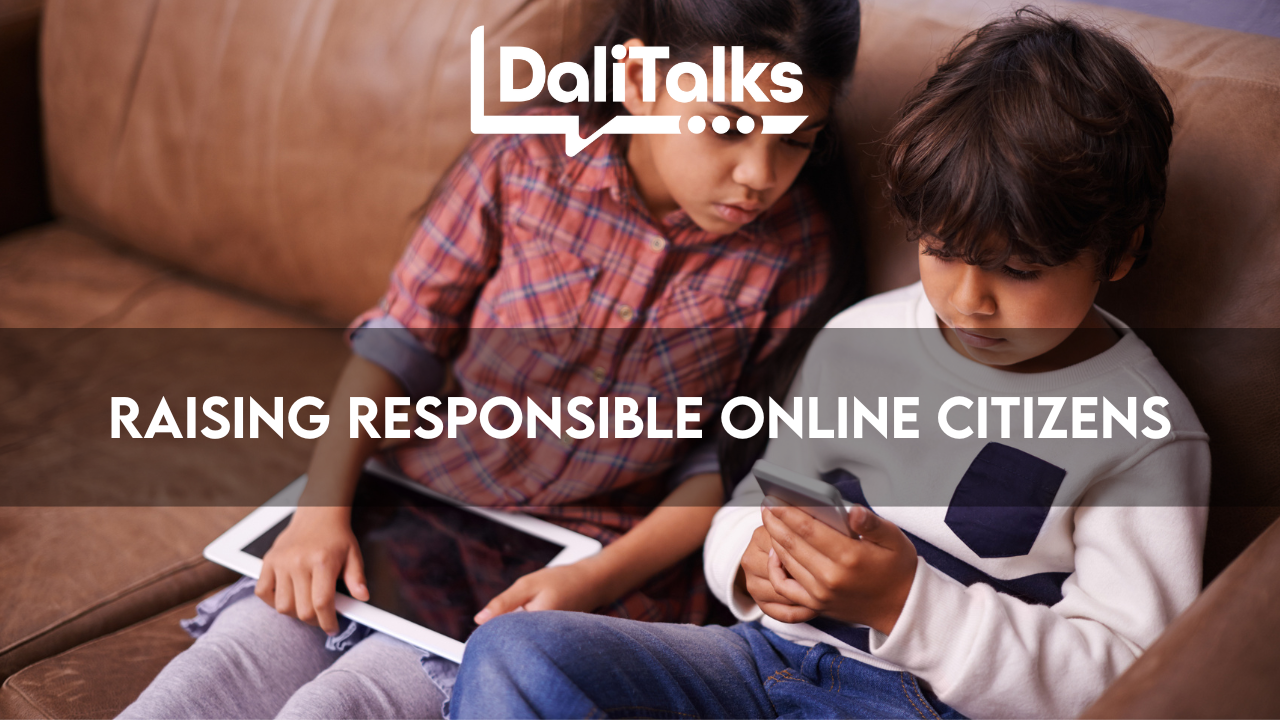
What Does It Mean to Be a Good Digital Citizen?
Being a good digital citizen means having the knowledge, awareness, and skills to use technology responsibly, respectfully, and safely. For children, digital citizenship is not just about knowing how to use devices. It is about understanding how their words, actions, and choices online affect themselves and others.
In today’s digital world, children are communicating, learning, and building relationships online earlier than ever before. Without guidance, they can unintentionally become involved in cyberbullying, invasion of privacy, oversharing personal information, or harmful online behavior that can have long lasting consequences.
Before we allow children access to social media, gaming platforms, or online communities, it is our responsibility as parents, guardians, educators, and caregivers to teach them how to navigate the digital world safely and confidently.
The Real Risks Kids Face Online
Cyberbullying often goes unnoticed bec...
Goal-Setting Tips for Families and Kids
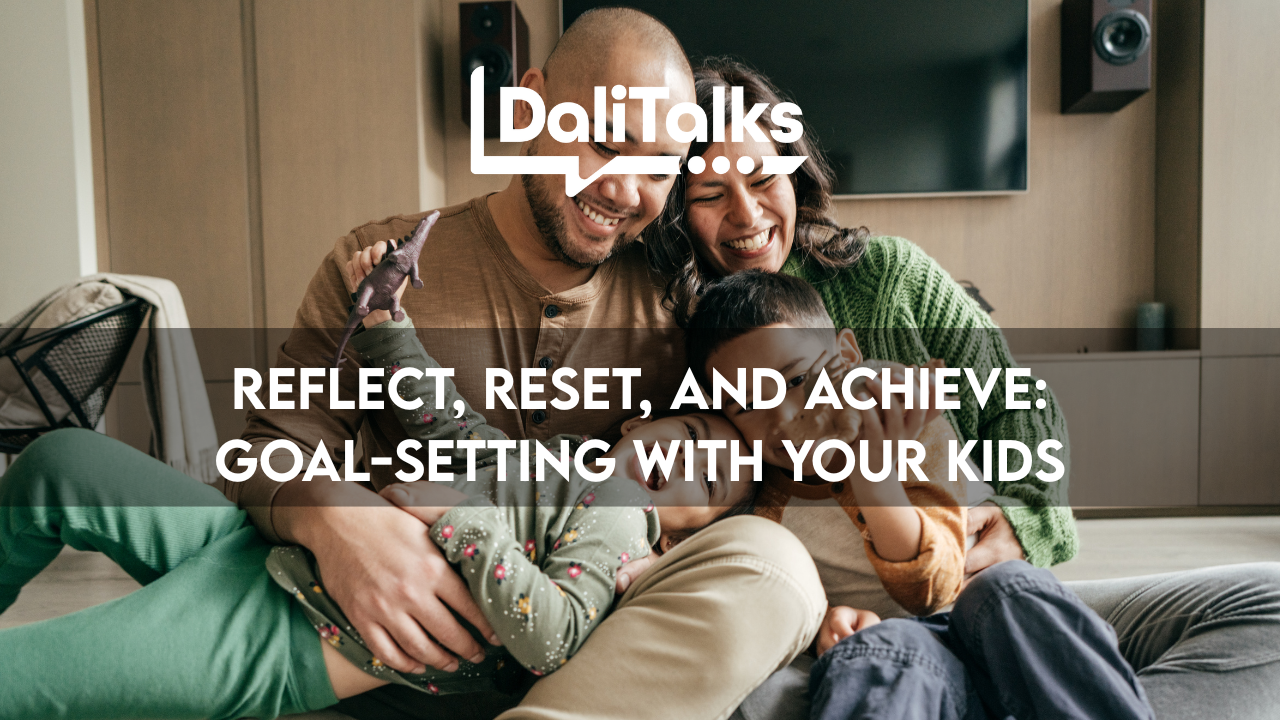
Spring is here, and for many of us, April marks the beginning of the second quarter, a perfect time to pause, reflect, and realign our goals. Whether you’re celebrating Easter, Ramadan, Passover, or simply enjoying the season, this is an opportunity to recharge and refocus your energy.
Goal-setting isn’t just for adults. Involving children in personal and family goal planning teaches them invaluable skills: confidence, self-awareness, perseverance, and how to celebrate progress, important elements in raising confident, bully-proof kids.
Why Reflection Matters
Taking time to reflect allows you to:
- Clarify what’s working and what’s not in your personal or professional goals
- Adjust strategies to stay on track for the next quarter
- Celebrate wins, even small ones, to build momentum
- Teach children how planning and reflection lead to growth and resilience
Reflection is not just a productivity tool; it’s a mindset. When kids see adults reflect, plan, and celebrate, they learn that ...
6 Things to Consider Before Giving Your Child a Smartphone
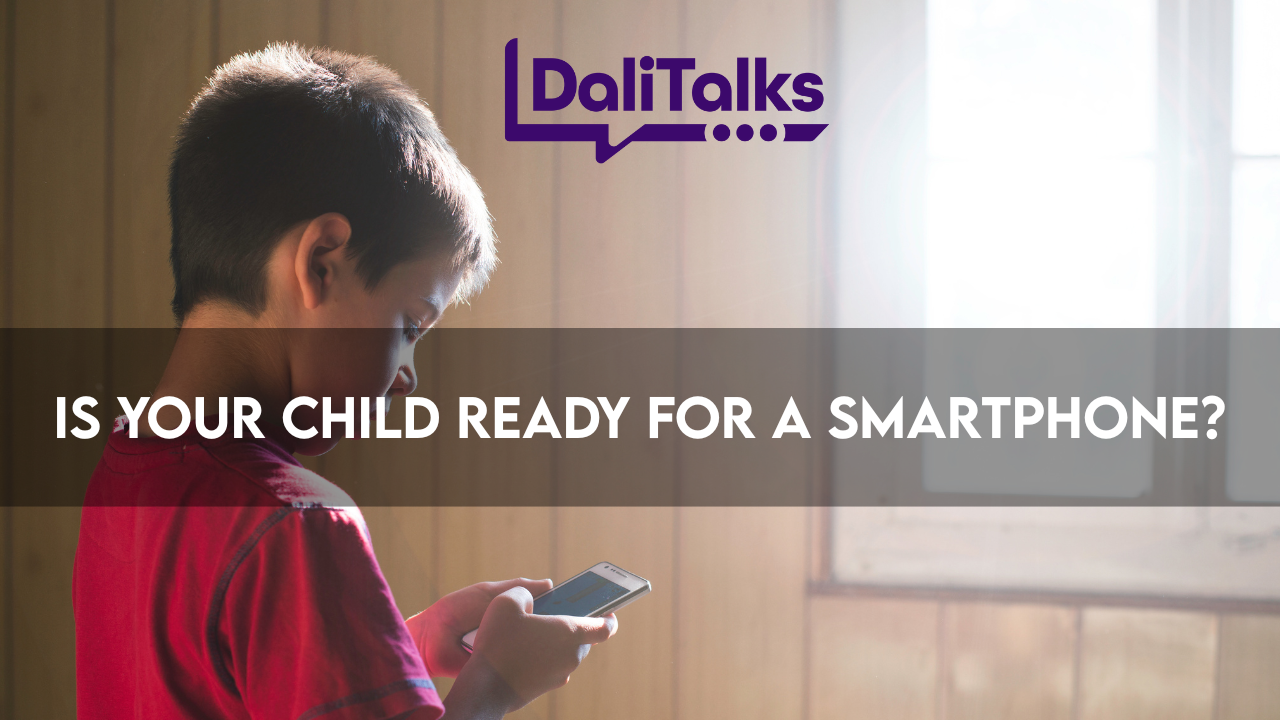
My oldest child was born the same year the iPhone was first released. At the time, many people thought smartphones might be a passing trend.
Here we are years later, watching adults scroll through phones in grocery lines and restrooms, and raising children who have never known a world without smart devices.
That reality alone is worth pausing over.
Today’s kids are being introduced to technology earlier than ever. A 2017 survey by Common Sense Media found that by age 11, more than half of children had their own smartphone, and by age 12, nearly 70 percent did.
With that access comes exposure to information children are often not emotionally prepared to handle.
Early Exposure Comes With Real Risks
Many parents are surprised to learn that the average child in the United States is accidentally exposed to explicit content between the ages of seven and eight.
Add to that the fact that many children experience online bullying, social pressure, or unsafe interactions long before they k...
Understanding the Different Types of Cyberbullying
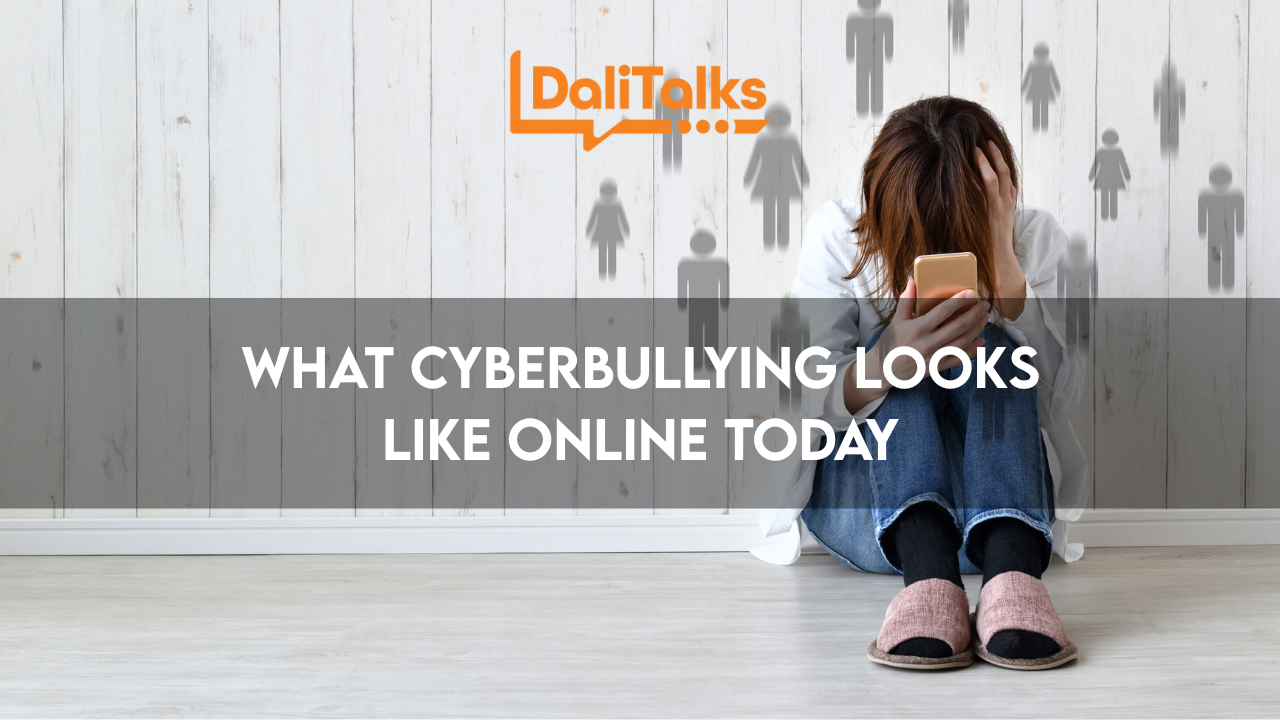
How much do you really know about cyberbullying?
The term “cyberbullying” first appeared in 1998 and refers to bullying that takes place online through digital platforms. In simple terms, cyberbullying is bullying that follows someone wherever they go, through phones, tablets, computers, and social media.
Unlike playground bullying, cyberbullying leaves digital footprints. Old posts, comments, and messages can resurface years later, which is why you may hear about celebrities or public figures being held accountable for harmful content shared early in the internet age.
As technology has evolved, cyberbullying has increased. Unfortunately, laws and protections have struggled to keep up.
The Issue: Why Cyberbullying Is Especially Dangerous
Cyberbullying is not just online teasing. It is repeated behavior intended to shame, humiliate, threaten, or emotionally harm someone.
It is complex, constantly evolving, and often difficult to regulate or define legally. In the United States and...
Spot Hidden Bullying Signs Before It’s Too Late
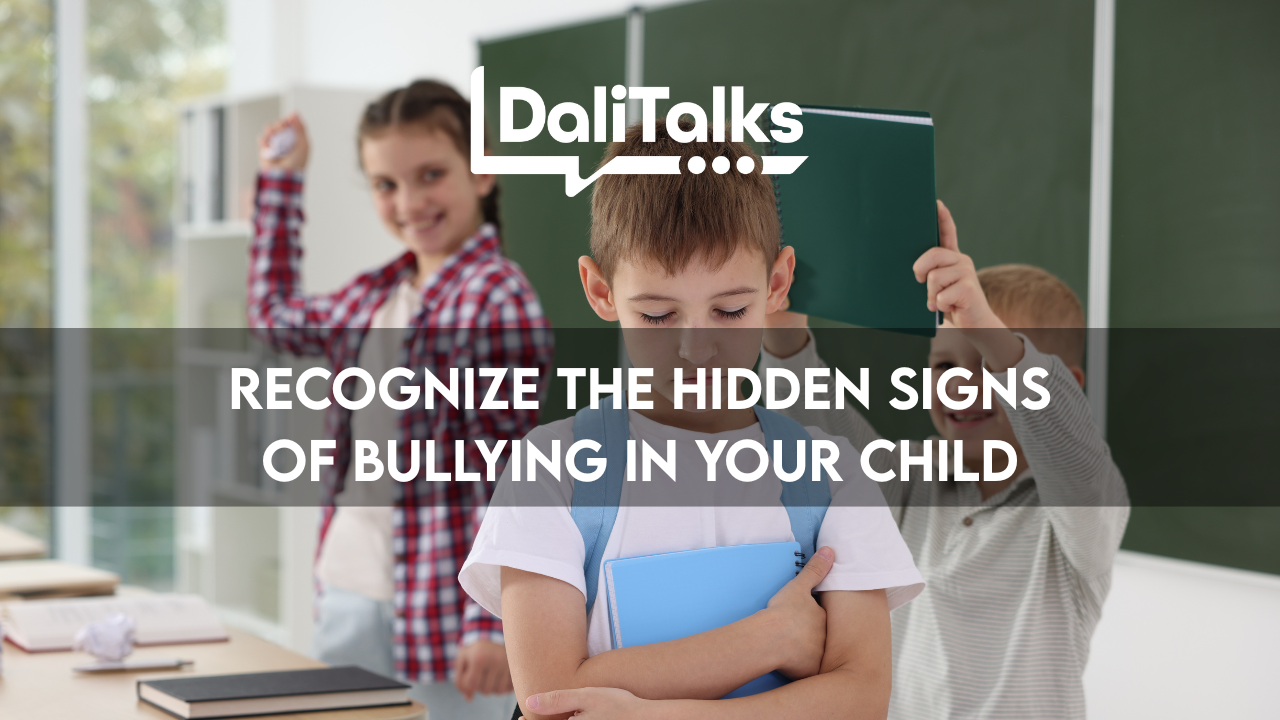
Bullying can leave deep emotional and physical scars and sometimes parents don’t realize it’s happening until the damage is already severe.
Recently, a parent shared her story. She had no idea her child was being bullied consistently for over a year. By the time she discovered the truth, her child was experiencing panic attacks, insomnia, frequent illness, and extreme anxiety about attending school.
Even more heartbreaking, some teachers had been part of the bullying.
This story is a powerful reminder: parents must actively listen, observe, and ask the right questions to protect their children.
Why Hidden Bullying Can Go Unnoticed
Children often hide bullying for many reasons:
- Fear of retaliation or escalating the situation
- Feeling ashamed or embarrassed
- Not knowing how to explain the problem
- Assuming adults won’t understand or help
Parents may also misread early warning signs or downplay incidents, thinking they aren’t “serious enough.” Unfortunately, bullying can esc...
A Parent Was Arrested For Confronting Her Childs Bully
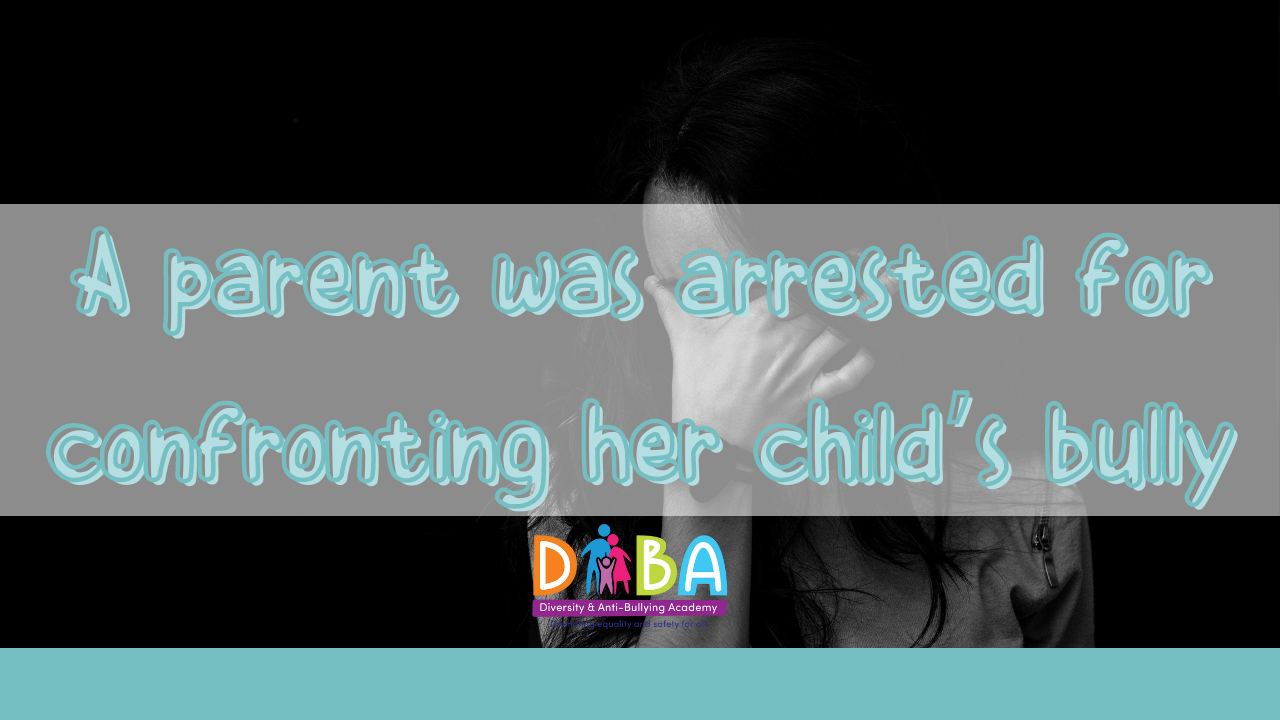
Some parents do what they think will help stop it, not realizing their actions can make the situation worse.
That’s what happened to a mother who decided to directly speak to her child’s bully.
Perhaps she wasn’t aware that boarding a school bus was considered trespassing. That’s reason enough for her to be arrested or fined (depending on the state laws).
But this mother went further. She began verbally assaulting the 11-year old child and she ended up fighting the child (physical assault).
The whole thing was caught on video. But, let’s assume the child hit her first. As an adult, what are the chances that the justice system will side with the mother?
You see, I have read many news articles about similar situations because, in my opinion, parents are not well aware of efficient ways to manage bullying situations involving their children and schools are not taking bullying complaints seriously enough.
This is why bullying awareness and prevention education needs to be offer...
13 Social Media Etiquettes To Teach Your Child

Since many schools throughout the nation are returning to online learning, more kids will be tempted to navigate to their social media sites.
And, let's be honest, they're already spending more time than any parent would want online, right?
So, let’s talk about SOCIAL MEDIA ETIQUETTE.
If you’ve been following me for a while, you’ve already read or heard me talk about delaying the use of smart devices for kids until you can no longer hold back.
You’ve also read or heard me talk about things to consider agreeing on with your kids when YOU DO give them access to devices and the internet.
Now, let’s review a few details about online etiquette:
1️⃣ Never share or repost information that you have not confirmed. You can avoid arguments with friends and family if you follow this suggestion.
2️⃣ NEVER share or post mean comments, images, or videos about someone (even if they are notorious for being a bully)
3️⃣ Refrain from using ALL CAPS. Using all caps is a form of shouting onl...
